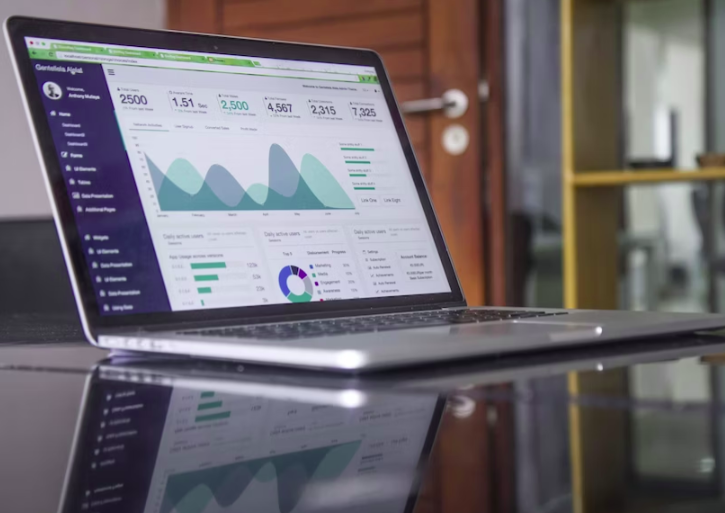Business Accountants: Mastering Finances: A Comprehensive Checklist for Restaurant and Bar Owners
Starting a restaurant or bar can be financially daunting, with average startup costs hovering around $494,888, as reported by industry statistics. However, these figures vary significantly depending on the type and size of your establishment. Recent trends in the restaurant industry have expanded the horizons for aspiring restaurateurs, introducing concepts like “fast casual,” food trucks, gastropubs, and pop-ups, each with its unique startup costs.
The restaurant business is far from one-size-fits-all, but certain financial checkpoints are universal. This guide is designed to provide small business owners, ranging from food truck entrepreneurs to fine dining aficionados, with essential financial insights for launching a successful restaurant venture.
1. Initial Capital:
Understanding the scope of startup costs is crucial for restaurant owners seeking funding avenues. Small business loans, private investments, equity firms, and partnerships are common sources of capital. Crowdfunding has also gained traction as a way to engage local consumers and secure investments. Explore your financing options to determine the best fit for your vision.
Startup expenses typically encompass land acquisition, location improvement, and kitchen equipment. According to RestaurantOwner.com, new restaurant construction averages around $279,807, comprising roughly 47% of the total budget. Opting for an existing restaurant space can cut costs by more than half while reducing construction risks.
For leased locations, factor in expenses like security deposits, initial rent, and utilities for the first month. Monthly rent ranges from $3,000 to $12,000, depending on location and square footage. Additional costs, such as taxes, permits, insurance, and building-related expenses, can exceed $15,000.
Don’t overlook essential items like furniture, including tables, chairs, and decor, with an estimated cost of $40,000. Dishes, utensils, kitchen, and bar equipment may total around $80,000. Opt for durable tableware to minimize replacement costs.
Creating the right ambiance is vital, as it influences diners’ choices. Consider hiring interior designers to craft an inviting space that fosters customer loyalty.
If you’re pursuing a mobile food concept, food trucks offer a cost-effective alternative. Startup costs range from $30,000 to $250,000, with lower overhead compared to traditional restaurants while maintaining profitability.
2. Technology:
Embracing restaurant technology enhances communication between your front- and back-of-house teams and optimizes your restaurant’s operations. A cloud-based point-of-sale (POS) system is a valuable asset, enabling efficient order processing. This technology allows servers to transmit orders directly from tables to the kitchen, reducing errors and ensuring smooth service, even during power outages or internet disruptions.
In today’s digital age, consumers appreciate online and mobile-based ordering options, enhancing convenience and encouraging dining out or takeout orders. Leveraging these digital platforms can boost your restaurant’s competitiveness and customer engagement.
Your Outside Team







